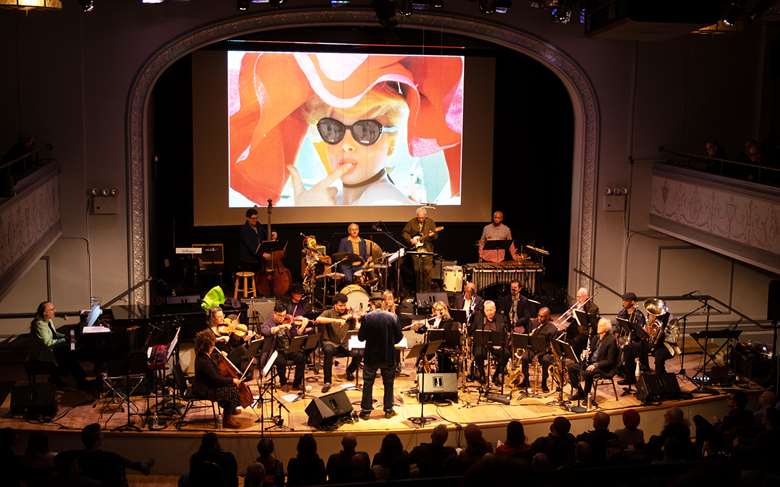Bill Frisell and an all-star band recreate Amarcord Nino Rota in NYC
Monday, April 17, 2023
Andrey Henkin assesses a large-scale jazz reworking of the revered Italian composer’s music as performed at New York’s Roulette theatre


Register now to continue reading

Thank you for visiting Jazzwise.co.uk. Sign up for a free account today to enjoy the following benefits:
- Free access to 3 subscriber-only articles per month
- Unlimited access to our news, live reviews and artist pages
- Free email newsletter